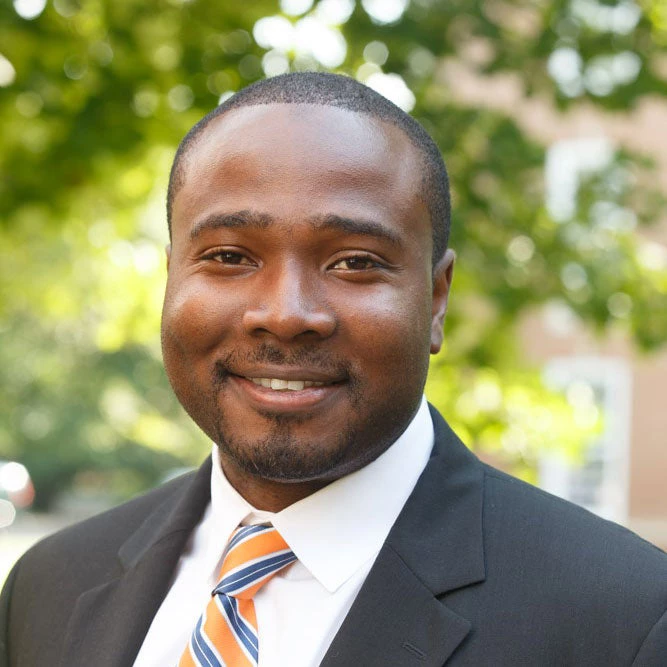Efosa Ojomo is a research fellow at the Forum for Growth and Innovation at the Harvard Business School. Guided by Professor Clay Christensen, one of the world’s top experts on strategy, growth, and innovation, the Forum for Growth and Innovation is a research institute whose goal is to discover, develop, and disseminate robust and accessible theory in the areas of innovation, general management, and growth.
Efosa’s examines how poor countries can create prosperity for their citizens by investing in disruptive innovations. Disruptive innovations, such as the smart phone transform complicated and expensive products into simpler and less expensive products for populations who historically could not access them. These innovations are unique for their ability to spur long-term economic development and create employment, a necessary condition for sustained prosperity.
Prior to joining the Forum for Growth and Innovation at Harvard, Efosa was an MBA student at Harvard Business School where he served as the co-President of the Africa Business Club. The Africa Business Club at Harvard Business School hosts the largest annual conference, run by students, on business in Africa.
In 2009 Efosa co-founded a nonprofit organization called Poverty Stops Here. Poverty Stops Here funds primary school education projects and provide microloans to people living in poor communities in Nigeria.
He writes regularly about the intersection of innovation and economic development and how the type of innovations that are executed in a certain region has a causal relationship with economic development and employment. He is also a non-resident fellow at the Center for African Studies at Harvard University where he serves as an advisor to the Executive Director of the Center.
In his spare time, he advises several companies on how to take advantage of the disruptive innovation opportunities that exists in Africa.
Efosa’s examines how poor countries can create prosperity for their citizens by investing in disruptive innovations. Disruptive innovations, such as the smart phone transform complicated and expensive products into simpler and less expensive products for populations who historically could not access them. These innovations are unique for their ability to spur long-term economic development and create employment, a necessary condition for sustained prosperity.
Prior to joining the Forum for Growth and Innovation at Harvard, Efosa was an MBA student at Harvard Business School where he served as the co-President of the Africa Business Club. The Africa Business Club at Harvard Business School hosts the largest annual conference, run by students, on business in Africa.
In 2009 Efosa co-founded a nonprofit organization called Poverty Stops Here. Poverty Stops Here funds primary school education projects and provide microloans to people living in poor communities in Nigeria.
He writes regularly about the intersection of innovation and economic development and how the type of innovations that are executed in a certain region has a causal relationship with economic development and employment. He is also a non-resident fellow at the Center for African Studies at Harvard University where he serves as an advisor to the Executive Director of the Center.
In his spare time, he advises several companies on how to take advantage of the disruptive innovation opportunities that exists in Africa.

